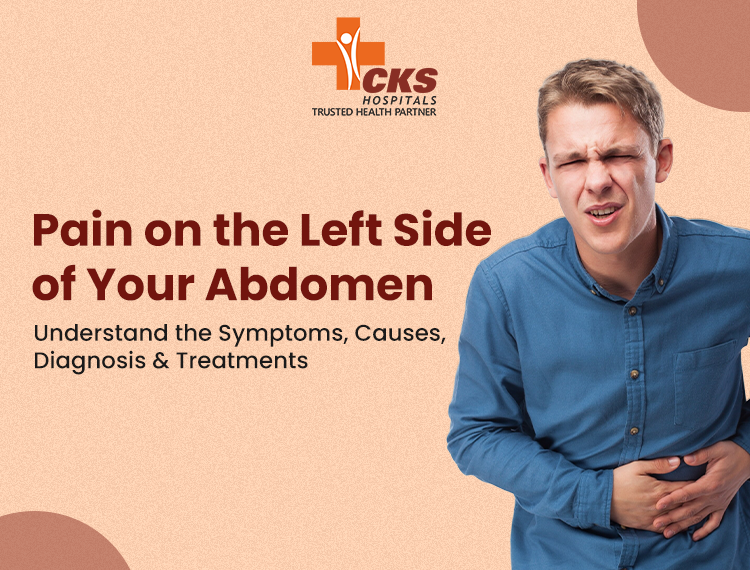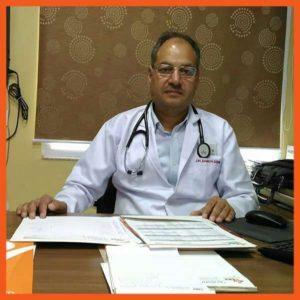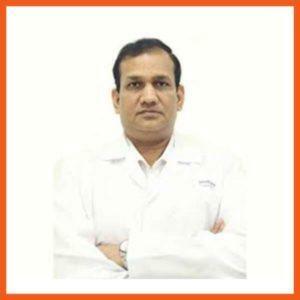What is The Reason for a Heart Attack At a Young Age?
The Main Reason for a heart attack occurs when the heart’s blood supply is suddenly and unexpectedly cut off. It’s possible to permanently harm the heart if it doesn’t get enough oxygen-rich blood. That leads to myocardial infarction, which is heart muscle death. Lack of enough blood and oxygen supply to the heart increases the likelihood of cardiac arrest and other significant consequences. Within thirty minutes of blockage, irreparable damage has already begun.
Heart muscle that has been deprived of oxygen stops functioning normally. Heart attacks are medical emergencies that can quickly become fatal. The sooner you receive treatment that improves your heart’s ability to pump, the better off your heart will be.
It’s terrifying to have a heart attack. You are not the only one if you have had a heart attack or know someone who has. True, millions of people make a full recovery from cardiovascular diseases and go on to live happy lives.
What is a Heart Attack?
Blood flow can be blocked when a plaque ruptures and a clot forms. The heart’s muscles can be damaged or destroyed if it doesn’t get enough blood. After a heart attack, the heart muscle itself may be injured. The regularity and efficiency with which your heart pumps blood may be compromised.
In addition to the possibility of experiencing a heart attack again, you may be at risk for various cardiovascular and cerebrovascular diseases, including stroke, renal issues, and peripheral artery disease (PAD). The medical term for a heart attack is also known as myocardial infarction.
What are the side effects of Heart Attacks?
- ● Heart problems often cause symptoms like chest pain. Only a cardiologist can diagnose and treat cardiac issues. A heart attack can be fatal if it’s manifested by chest pain.
- ● Heart palpitations, shortness of breath, and light-headedness. If you’re having cardiac trouble, see a cardiologist.
- ● Knowing the signs of heart disease and consulting a cardiologist are important precautions to take if you have a family history of cardiovascular issues.
- ● High total cholesterol levels are associated with an increased danger of cardiovascular disease.
- ● You are a mature individual who has decided to begin a fitness routine for the first time. You may work with a doctor to become more energetic, but a cardiologist may assess your cardiovascular health and recommend workouts.
- ● Diabetes and cardiovascular disease are linked in ways you would not expect.
What is the reason for a heart attack at a young age?
Chronic cardiovascular conditions have been with us from the beginning of human history. It’s not a new phenomenon that’s just been identified. The elderly and those with pre-existing cardiac issues are typically the ones who fall victim to heart disease, but in recent years this epidemic has expanded to the younger demographic as well.
As a result, this has caused widespread worry and prompted many to question the underlying research. There may be no set time when a person will have a heart attack, but the decisions they make about their diet, exercise, and stress management can affect their risk this is the reason for a heart attack at a young age.
What are the risk factors for a Heart Attack At A Young Age?
- ● One in four cardiac arrests can be attributed directly to smoking. For smokers, the risk of a heart attack is doubled or even tripled compared to that of non-smokers This Is The Main reason For A Heart Attack At a Young Age.
- ● A higher risk of heart attack is associated with being overweight or obese. Talking to your doctor about your height and age can help you set and reach a healthy weight.
- ● Anxiety and tension that persist over time can be incapacitating. Their use may lead to a tightening of arteries and increased blood pressure. Mental illness can also contribute to lifestyle choices, including a lack of exercise and unhealthy eating.
- ● Uncontrolled diabetes increases the risk of cardiovascular issues and complications, including heart attacks. Manage your diabetes with your doctor-approved diet and exercise plan, regular weight monitoring, and your body weight kept within a healthy range.
What to do if you see somebody who may be having a Heart failure?
- You should take nitro-glycerine if your doctor tells you it. If you’ve been prescribed nitro-glycerine and experience heart attack symptoms, take it as directed and call the ambulance.
In the meanwhile, you can suck the aspirin tab and swallow it while you wait for help to arrive. When taken regularly, aspirin reduces the risk of blood clots. It may mitigate the damage to the heart caused by a heart attack if administered at the onset of the incident. If your doctor has told you not to take aspirin because of an allergy or other medical condition, don’t take it.
If the victim is unresponsive and you can’t detect a pulse, start CPR immediately to keep blood circulating while emergency personnel arrive. Compress the middle of the victim’s chest as forcefully and as quickly as possible, between 100 to 110 times per minute.
How might I recuperate after a Heart Attack?
After a heart attack, many doctors would advise their patients to increase their level of exercise.
Heart attack patients benefit greatly from a restful night’s sleep.
Likewise, if you find yourself drowsy in the middle of the day, it’s okay to rest for a little. If a heart patient is feeling tired, they should take a nap.
A heart attack patient might expect to be out of commission for two weeks up to three months. Now is the moment to start making the adjustments in your life that will reduce your chances of having a heart attack. These include adopting a heart-healthy diet, reducing tobacco use, and getting more exercise daily.
A lot of people do get better. A little bit of time is all that’s needed. Relapses could follow periods of improvement in your health’s state of stability. Be kind to yourself; it’s healthy to feel this way sometimes.
Recent Posts
- All Posts
- Blog

Read More
Our Speciality
- Cardiology & Cardiac Surgery
- Neurosurgery
- Orthopedics & Joint Replacement
- Urology
- Gastroenterology
- Nephrology & Dialysis
- Bariatric & Metabolic Surgery
- ENT & Head Face Neck Surgery
- Internal Medicine & Critical Care
Explore More
Our Doctors

Dr Prakash Chandwani
(Chief Managing Director) Director & Head Dept of Cardiology

Dr Mahesh Goyal
Director & Head Dept of Allergy Specialist, Asthma & Sleep

Dr Mohammed Sharif
CEO & Global Operations

Dr Ghanshyam Agrawal
Consultant Dept of Neuro Surgeon

Dr Sumit Kamble
Consultant Dept of Neurology
See All Doctors

